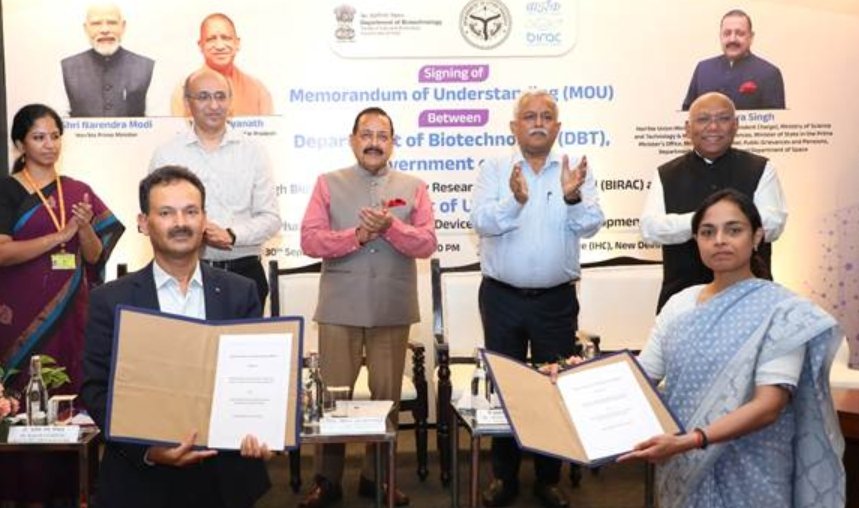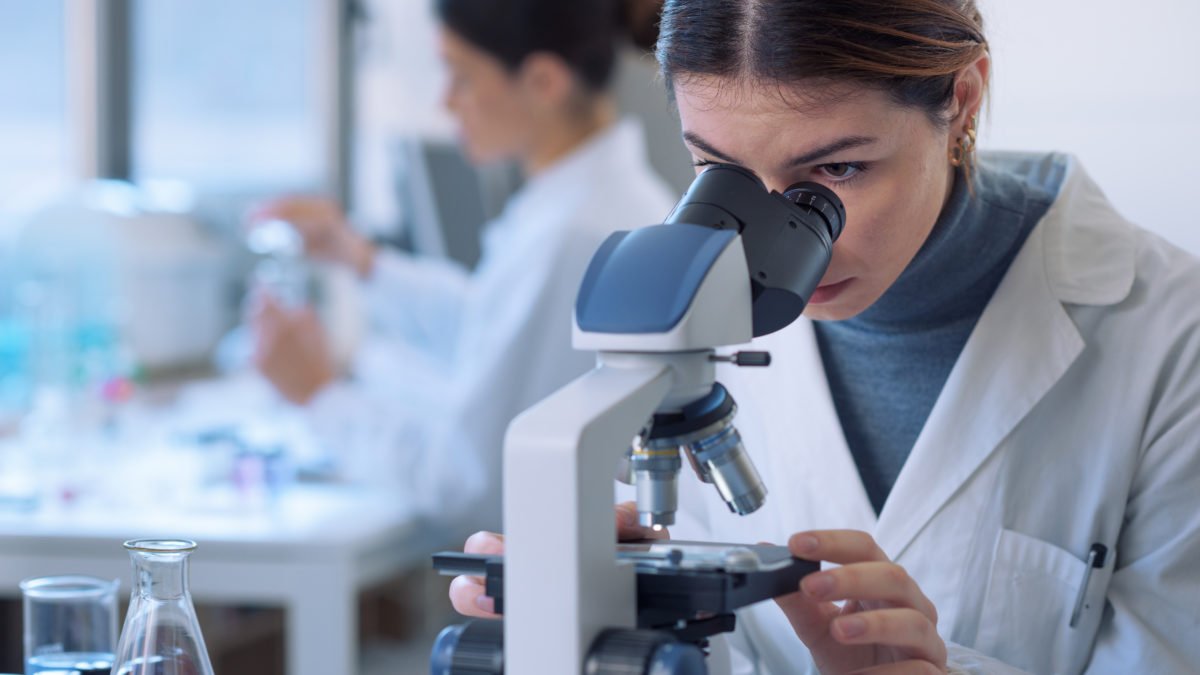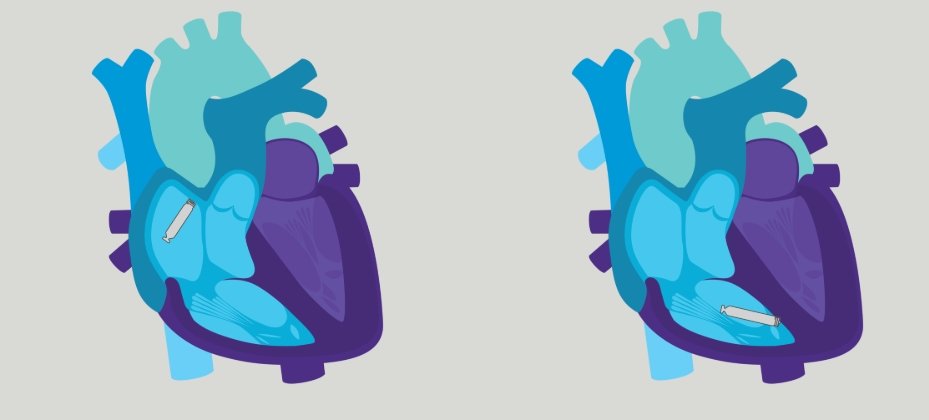Scientists in Kolkata explore use of giant antibody for bracing against bacterial toxins
August 25, 2025 | Monday | News
Highlighting an underappreciated role of antibodies, not just as chemical binders, but also mechanical modulators in our fight against disease
image credit- shutterstock
A recent study from researchers at the S.N. Bose National Centre for Basic Sciences (SNBNCBS) in Kolkata, an autonomous institute of the Department of Science and Technology (DST) reveals that IgM not only binds to pathogens but can also mechanically stabilise bacterial toxins, preventing them from harming our cells.
This could inspire new therapies by designing antibodies that mechanically stiffen dangerous proteins and disarming them.
The research focused on Protein L, a molecule from the bacterium Finegoldia magna. Protein L is known as a “superantigen” because it can bind antibodies in unusual ways, potentially disrupting normal immune function. What makes this study remarkable is its use of single-molecule force spectroscopy — a cutting-edge technique that applies tiny, precise forces to individual molecules to see how they behave under stress.
The scientists discovered that when IgM binds to Protein L, it significantly increases the protein’s mechanical stability. In simple terms, IgM acts like a brace, making it harder for the protein to unfold or break apart under force. This effect was concentration-dependent — higher amounts of IgM gave Protein L more resistance to mechanical stress.
The team also used computer simulations to explore why this happens. They found that IgM’s multiple binding sites can engage Protein L at several points simultaneously, creating a synergistic stabilizing effect. This is different from smaller antibodies, which lack the same stabilising power.










